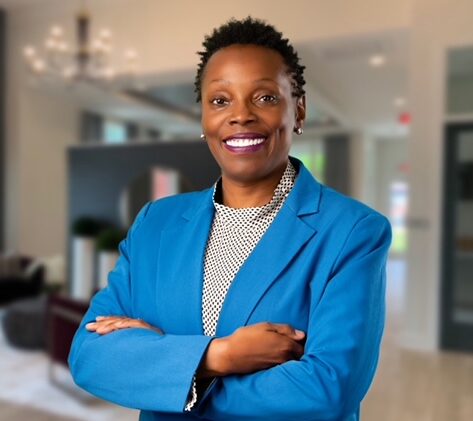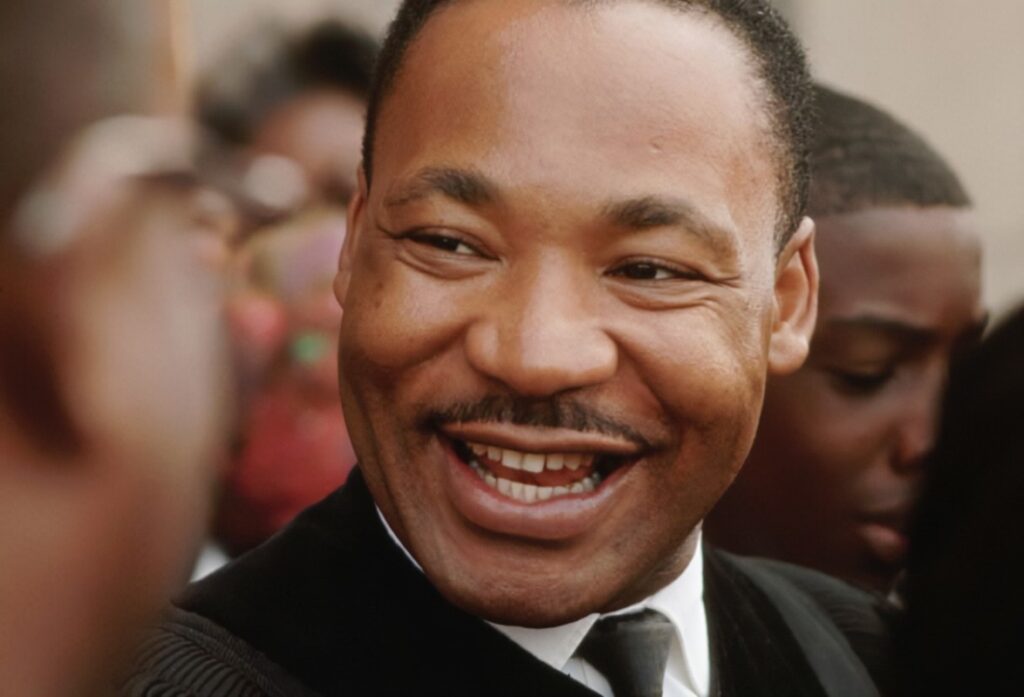By Dr. Stacey Brown, Director of Learning and Development

Today, as we reflect on Martin Luther King Jr.’s dream of a more inclusive America, we recognize the educators who are still striving to bring this vision to fruition.
This goal is at the center of our work at EOS. We partner with districts across the country to increase enrollment for historically underrepresented students in advanced courses, so that they can achieve their own dreams.
Too often, these students face access barriers to the rigorous courses that open doors to postsecondary and career success. The most common barrier is adult mindsets. Educators with preconceived notions of which students belong in advanced courses like AP, IB and Dual Credit serve as gatekeepers of opportunity. Many don’t realize it, but they are passing judgement on students who haven’t been given a chance.
Opening access to rigorous courses is just the start. We work with teachers to ensure that once enrolled, students feel that they can be their real, authentic selves and share their true feelings without judgement or ridicule. This means creating welcoming and inclusive classrooms.

For AP History and Government teachers, with whom I work closely, inclusive classrooms are those in which students’ voices are heard and their lived experiences, cultures and histories are taught with authenticity and fidelity.
Standard curriculum often focuses heavily on the dominant group’s perspective of other group’s histories, and can even ignore – or silence – perspectives from marginalized groups. Through EOS’ Action for Equity in History and Government work, we challenge teachers to reflect on their teaching practices and classroom communities and make bold, intentional changes to ensure the histories and legacies of marginalized groups are embedded into their curriculum.
Our students in advanced courses should feel empowered not only to learn their histories but to speak up when they feel these histories are being overlooked, distorted or dismissed.
Dr. King’s true legacy should be taught, alongside those of civil rights heroes like Bayard Rustin, John Lewis and Dorothy Height – and the individuals driving social change to this day.
This work all begins with challenging teachers to adopt mindsets of inclusivity, innovation, and growth. It is then that they can drive the transformational and revolutionary change necessary to realize Dr. King’s dream for our nation.